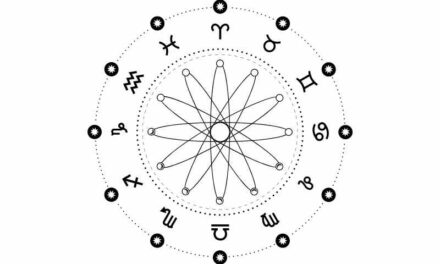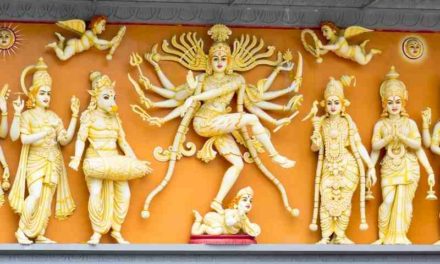Moksha is the state of being liberated from the constraints of time, space, and causality. It is a state of boundless enlightenment, awareness, and happiness that every being will ultimately achieve regardless of how they self-identify in terms of their race, class, gender, religious affiliation, interest in a particular sport, or any other identity. Moksha or Mukti or Nirvana denotes “liberation” or “freedom”.
Your natural condition is one of perpetual rebirth in samsara, regardless of whether or not you enjoy it. The ability to release oneself from an infinite cycle of reincarnation is thus contingent on your willingness to do so, which the great majority of individuals do not possess.
Practice Raja Yoga to achieve Moksha
Moksha is achieved when a person has given up every sense of self, which includes “being someone” and “having and grasping and gripping and clinging to something.” At this point, moksha merely comes naturally and without effort.
Therefore, if you wish to reach moksha, you should begin by loosening your connection to who you believe you are as well as the things that you cling to and that contribute to the formation of your sense of identity.
The two things that are shared by all sentient creatures are the aspiration to be freed (Mukti) from dukkha (suffering) and the pursuit of Satya (pleasure). This desire and striving for the requirements and goals of everyday life, as well as the avoidance of pain, disease, and old age, and the elimination of hindrances, is tiny moksha. Moksha, on the other hand, refers to emancipation from the cycle of transmigration.
So to answer your question, the practice of moksha is something that you, along with every other sentient being, are already engaged in. Awakening from sleep is the first step toward achieving moksha.
Followed by responding to your hygienic requirements, eating food to achieve moksha from hunger, going to work to achieve moksha from deprivation and poverty, then taking care of your health to maintain moksha from sickness, etc.
Therefore, each and every minute of your existence, along with each and every desire that you have and each and every pursuit that you engage in, is a desire to be liberated from something! Yoga poses like Padmasana ( Lotus posture) for meditation.
You shouldn’t be concerned about Ultimate Moksha since it’s very improbable, has no bearing on the here and now, and is also unrelated to anything you can do. It’s analogous to the possibility of the Andromeda galaxy colliding with our own.
Your attention should be directed on the practice of Dharma, not Moksha; you should be present in this very now. Make the most of what you have and strive to have a happy and fulfilling life. Passing into the state of Yoga Nidra is one of the first toward moksha.
Since long-term moksha, also known as liberation from samsara, is not an independently attainable aim since it is beyond the control of the human agency, it can only be attained by the grace of Paramatma.
Therefore, short-term moksha is the objective shared by all inhabitants of this planet. All that we are capable of doing is preparing the vessel that is our brains via various methods of self-purification and transformational processes. You can set a yoga challenge for yourself to practice daily with a focused mind.
Because ego-centricity (ahankara), also known as clinging, grabbing, and grasping to all conceptions of “I” and “mine,” is the major obstacle to moksha, the primary purpose of spiritual life should be the reducing and attenuating of our self-affirmative ego structures.





